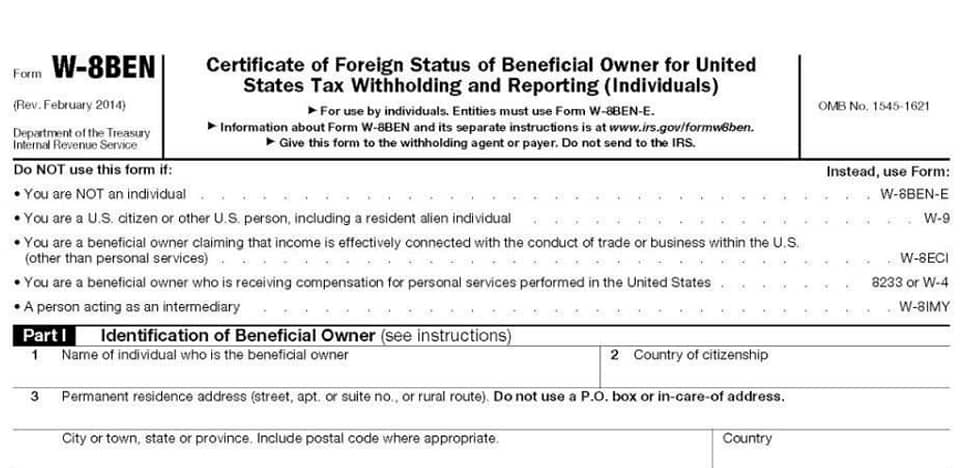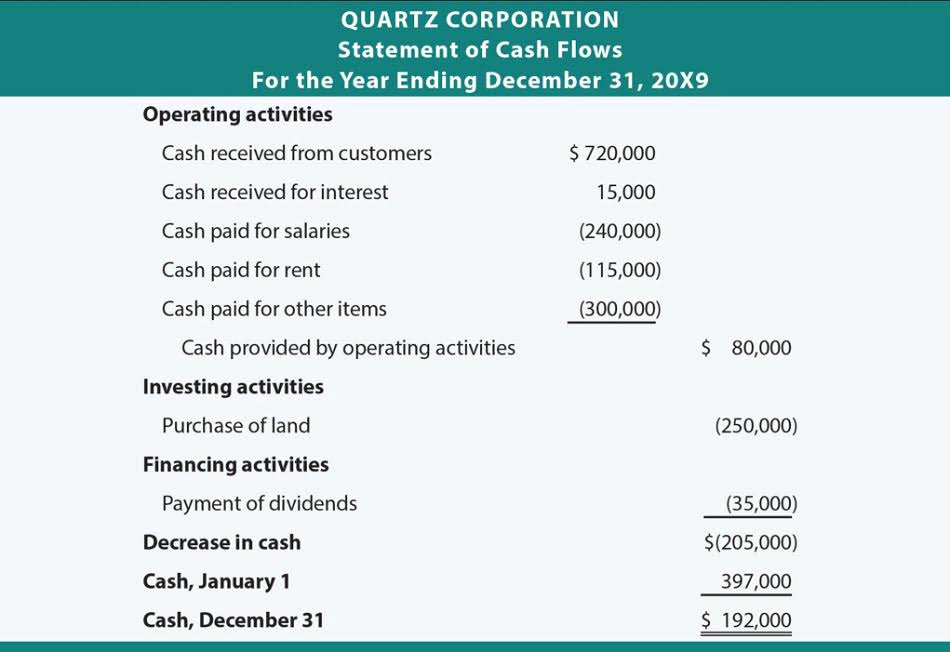
With TurboTax Live Full Service, a local expert matched to your unique situation will do your taxes for you start to finish. Or, get unlimited help and advice from tax experts while you do your taxes with TurboTax Live Assisted. And if you want to file your own taxes, TurboTax will guide you step by step so you can feel confident they’ll be done right. No matter which way you file, we guarantee 100% accuracy and your maximum refund. Client-provided records are accounting or other records, including hardcopy and electronic reproductions of such records, belonging to the client that were provided to the member by, or on behalf of, the client.
- Once the statute of limitations passes, you’re likely ready to clear up some space.
- It’s also 20 years for the state to impose a tax lien in Missouri.
- Complete Form 4506 to request a copy of a tax return and mail that form to the appropriate IRS office (which is listed on the form).
- This is so you can calculate your gain or loss on the sale for tax purposes.
- This transcript summarizes the return information and includes AGI.
- You also need documentation of other investments like stocks and bonds that show how much you paid and what you received upon sale.
How Should You Retain Your Records?
If you know how long to keep various documents, you’ll gain better control of your finances. You’ll also be prepared in case you or a loved one needs access to an important document quickly. Now that you new york income tax know how long to keep different types of financial documents, it’s time to go over how to secure them.

How Long Should You Keep New York and New Jersey Business Records?

A dedicated CPA prepares your federal & state tax returns from start to finish and ensures your taxes return with precision. And CPAs work together to make your tax filing 20x faster and 5x cheaper. Act now and file your IRS tax returns with FlyFin before the last day to file taxes in 2024. Some states can look back further than the IRS to review old tax returns. California and Arizona, for example, generally apply a four-year statute of income summary limitations for tax assessments.
- Most states follow this same three-year rule of thumb, but some have longer statutes of limitations.
- To get through the rigors of tax season, CPAs depend on their tax preparation software.
- Generally, you must keep your records that support an item of income or deductions on a tax return until the period of limitations for that return runs out.
- There are also non-tax reasons for holding on to tax returns and related documents for several years.
- Enter your contact info here and a we’ll contact you to schedule a free, confidential case review with a member of our experienced legal team.
- There is no single comprehensive list of the records a tax practitioner must retain in the Internal Revenue Code or other authoritative source that is easily referenced.
Tax records to keep for seven years
- For instance, providing a client access to the tax practitioner’s retained records via a client portal may be interpreted as hosting.
- Taxpayers should keep their tax returns and supporting documents related to their tax returns for as long as their state tax agency and the Internal Revenue Service have to perform an audit.
- You’ll typically have up to 10 years to claim the Foreign Tax Credit, so you should save any tax records or documents related to foreign taxes paid for at least 10 years.
- It’s also important to note that your tax documents contain sensitive personal information, so it’s best to dispose of them in the most secure way possible.
- You have an obligation to keep records that support what you have claimed on your tax return.
For instance, you should keep records of contributions to a Roth IRA for three years after the account is emptied. You will need these records to show that you already paid taxes on the contributions and shouldn’t be taxed on them again when the money is withdrawn. Similar to New York, New Jersey requires businesses to maintain detailed payroll records for a period of at least 6 years. The following states give themselves four years after a return is filed or required to be filed, whichever date is later. All features, services, support, prices, offers, terms and conditions are subject to change without notice.

Credits & Deductions
For example, under Sec. 6501(e)(1)(A) (ii), the statute of limitation is doubled to six years if more than $5,000 of foreign income is not reported. The IRS can look back seven years relative to a loss on worthless securities or a bad debt deduction (Sec. 6511(d)(1)). Additionally, states may have a different and possibly longer statute of limitation that should be taken into consideration when determining the appropriate retention period.
- For additional details, practitioners should refer to IRS Publication 1345, Authorized IRS e-file Providers of Individual Income Tax Returns.
- The length of time you should keep a document depends on the action, expense, or event the document records.
- The IRS generally has three years after the due date of your return (or the date you file it, if later) to kick off an audit, so you should save all your tax records at least until that time has passed.
- When considering recordkeeping requirements, tax practitioners should focus on the tax returns or claims for refunds for which they are a tax preparer as defined in Sec. 7701(a)(36).
- Self-employment tax forms like Schedule C and Schedule SE should be included with form 1040 when filing taxes.
Tax records to keep for one year

Examples of documents to retain include your W-2, 1099, 1099-B, 1099-INT, 1098, and similar forms from employers and institutions. In addition, if you are itemizing deductions, you should retain canceled checks, receipts, invoices, mileage logs and other proof to substantiate your deduction. The length of time you should keep a document depends on the action, expense, or event which the document records. Generally, you must keep bookkeeping and payroll services your records that support an item of income, deduction or credit shown on your tax return until the period of limitations for that tax return runs out. There might also be non-tax reasons for saving your tax returns and records beyond the statute of limitations.
